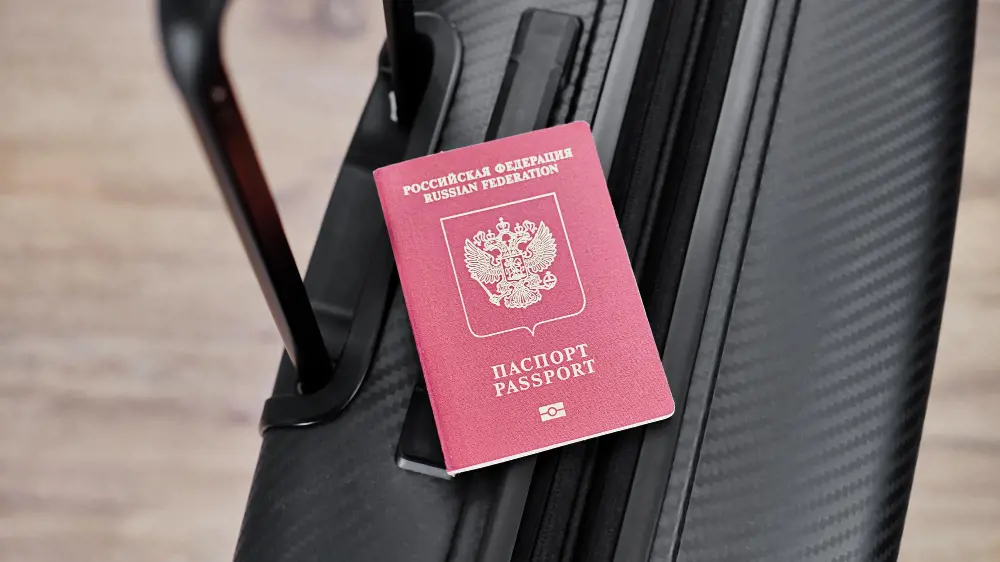Russia-Turkey: Revival of Dialogue
Continuation
The previous article "Russia-Turkey: the era of confrontation" covers the period from the beginning of the 18th century to the revolution in Russia.
Turkey became a republic on October 29, 1923, and Mustafa Kemal was elected as the country's first president. On March 3, 1924, the caliphate was abolished, and the Ottoman dynasty was altogether expelled from Turkey. From the ashes of an empire, a secular nation had emerged. Lenin had sympathized much with what was happening in Turkey. He had helped the Turkish revolutionaries by sending much-needed supplies during the war (although it aligned with the Russian interests as well). Red Army officers, including Semyon Aralov and the future Marshal of the Soviet Union Kliment Voroshilov, were also sent to serve as advisers to Mustafa Kemal and his officers – a kindness Ataturk had never forgotten. Even before the Turkish Republic was founded, Moscow had recognized Ankara as the capital despite the fact that the Sultan’s Constantinople government was still intact.
Committees from both sides had visited one another and on the 4th of October 1920, a Soviet Embassy was founded in Ankara. Mustafa Kemal had engaged in written communication with both Lenin and Joseph Stalin (who then held the post of Political Commissar for the Eastern Nations) during the course of the negotiations. Joseph Stalin acted as a mediator between Turkey and Armenia and was an avid supporter of friendly relations between Turkey and the USSR. After seven months of lengthy negotiations (due to certain disagreements regarding the Armenian border), the "Turkey - Soviet Russia Friendship and Brotherhood Agreement", more commonly known as the "Treaty of Moscow", was signed on the 16th of March in 1921. Within the framework of this treaty Turkey – USSR relations had flourished as the two nations began working together on a variety of projects. Throughout the 1920s Turkey was mostly preoccupied with internal reconstruction and a series of reforms that would turn the country into a truly modern state. USSR had welcomed one hundred Turkish students to the Russian Academy of Sciences and overseen the construction and establishment of numerous factories and railroads all around Turkey.
When the League of Nations gathered, Turkey tried to resolve the territorial issues regarding Mosul and Hatay but to no avail. Right after the League of Nations’ unfavorable decision over Mosul, Turkey signed a non-aggression pact with USSR on January 26, 1925, as counter-diplomacy.
After Italy invaded Abyssinia in 1935, Turkey sent a letter to the League of Nations and the countries that had signed the Lausanne Peace Treaty, arguing that the treaty needed to be revised in accordance with the geopolitical reality of the time. Turkey proposed remilitarizing the Straits, dissolving the Straits Commission and placing restrictions on the number and size of military vessels that could travel through the Straits.
On June 22, 1936, the delegates to the Montreux Conference unanimously accepted all of Turkey’s proposals, giving Turkey full control over the Straits. Although the Soviet Union did sign the Montreux Convention, there were a number of points of disagreement that were raised both during and after the convention by the Russian delegation. These included the scope of restrictions placed on the passage of military vessels and the extent of Turkish sovereignty over the militarization and management of the Straits. Turkey’s foreign minister Sukru Saracoglu was invited to Moscow for negotiations. USSR demanded the Straits to be co-jointly managed and a guarantee that non-Black Sea military vessels would not be allowed to pass through the Straits. Ankara refused these demands.
To be continued …










